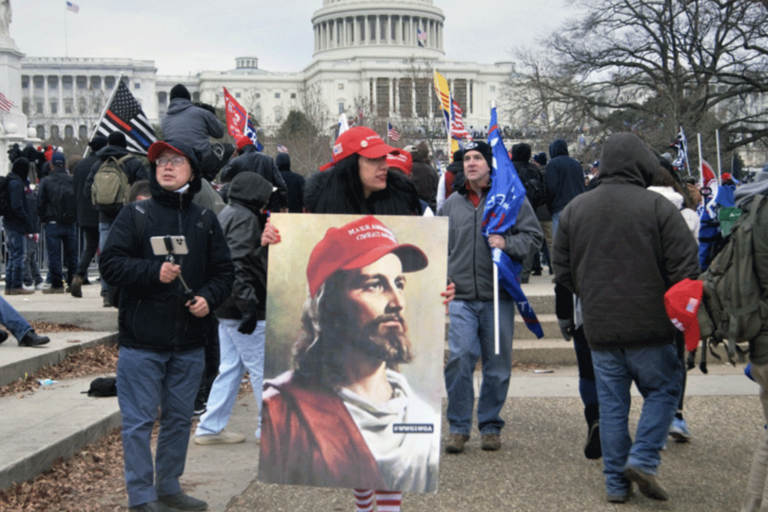
The Berkeley Center for the Study of Religion (BCSR) advances innovative scholarship on religion, fostering interdisciplinary collaboration and responding to emerging developments in the humanities and social sciences.

Upcoming Events
View Past Events
November 12, 2024
October 23, 2024
October 3, 2024
October 1, 2024






